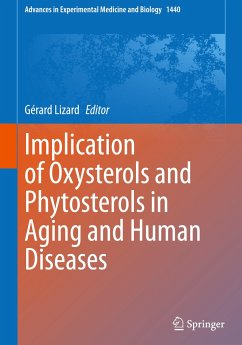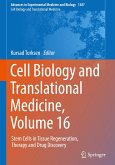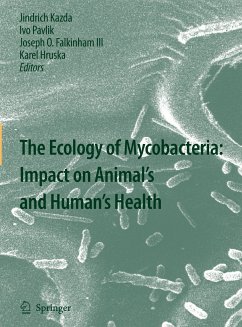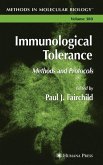This book provides basic knowledge of the biology, chemistry, and function of oxysterols and its derivatives as well as of phytosterols in numerous human diseases.
The book is divided into six sections and begins with an introduction to the biological and chemical properties of oxysterols and its derivatives as well as phytosterols, their synthesis, and the methods currently used for their detection in various biospecimens. The following section discusses in detail the various effects of oxysterols on numerous human diseases, including infectious diseases, inflammatory and autoimmune diseases, atherosclerosis, and cancer, as well as neurological and neuropsychiatric disorders. Importantly, the potential of oxysterols as biomarkers for some of these diseases is also highlighted. The book concludes with an outlook on the pharmacological and nutritional effects of oxysterols and phytosterols and their potential use by the food, and pharmaceutical industries.
Aimingto provide an in-depth overview of the biological and the chemical properties of oxysterols and phytosterols and their implications for human health, this book will be of interest to basic and clinical scientists, as well as to anyone working in the food or pharmaceutical industry who is exploring the potential of oxysterols and phytosterols.
The book is divided into six sections and begins with an introduction to the biological and chemical properties of oxysterols and its derivatives as well as phytosterols, their synthesis, and the methods currently used for their detection in various biospecimens. The following section discusses in detail the various effects of oxysterols on numerous human diseases, including infectious diseases, inflammatory and autoimmune diseases, atherosclerosis, and cancer, as well as neurological and neuropsychiatric disorders. Importantly, the potential of oxysterols as biomarkers for some of these diseases is also highlighted. The book concludes with an outlook on the pharmacological and nutritional effects of oxysterols and phytosterols and their potential use by the food, and pharmaceutical industries.
Aimingto provide an in-depth overview of the biological and the chemical properties of oxysterols and phytosterols and their implications for human health, this book will be of interest to basic and clinical scientists, as well as to anyone working in the food or pharmaceutical industry who is exploring the potential of oxysterols and phytosterols.








